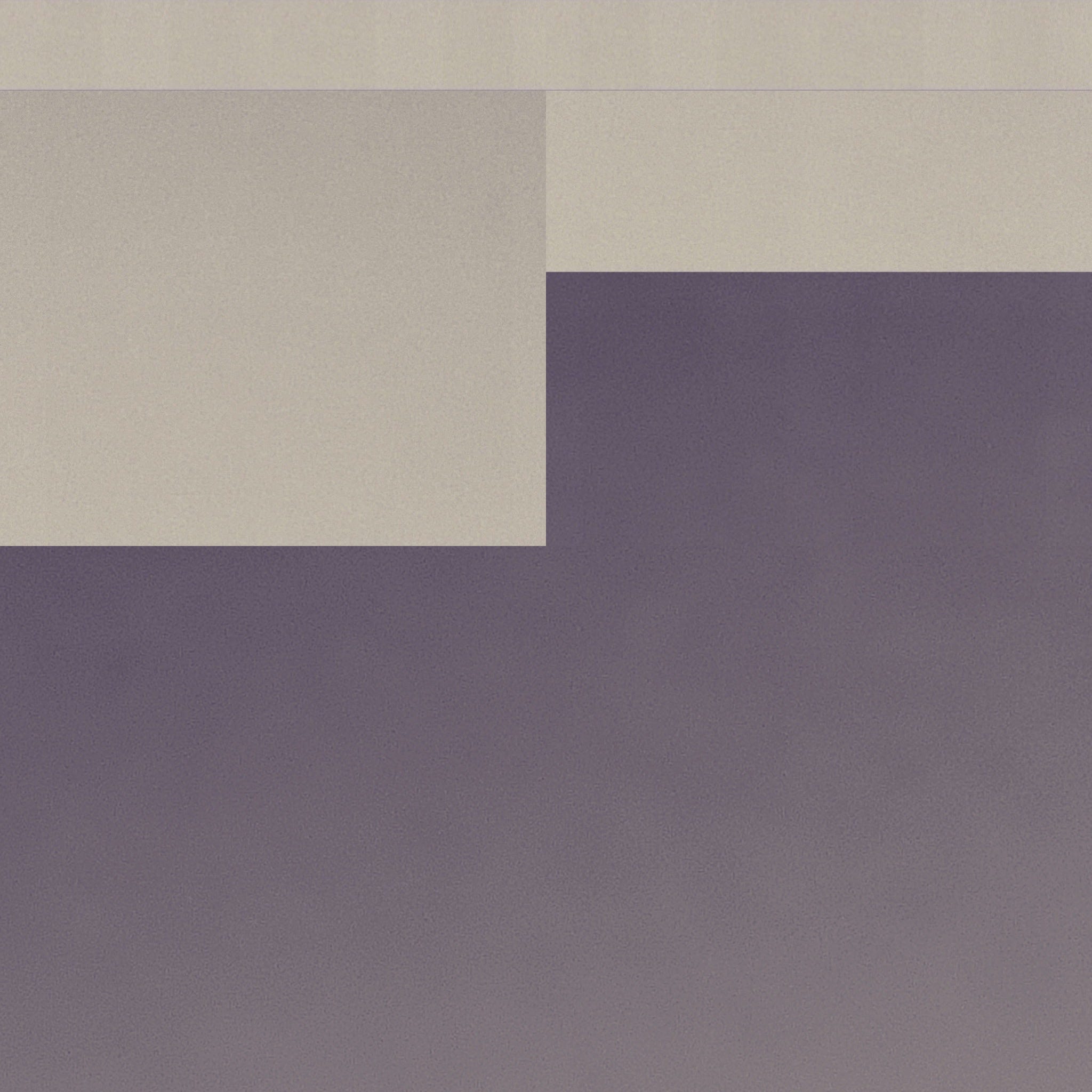
The data from the German Library Statistics (DBS) reveals a clear trend: while spending on Closed Access content in university libraries in Germany has remained relatively stable, investments in Open Access have surged dramatically. Please note that not all universities reported all values consistently, making it impossible to quantify the trends with complete precision. However, clear trends can still be identified.





